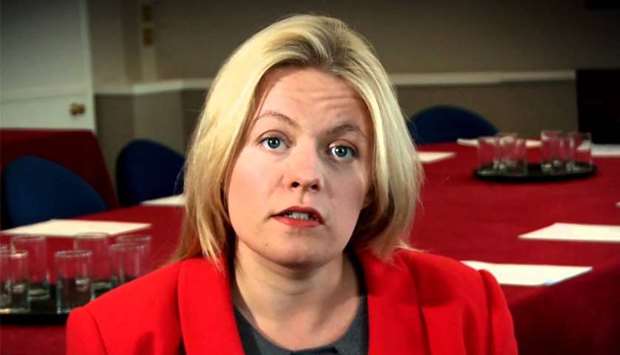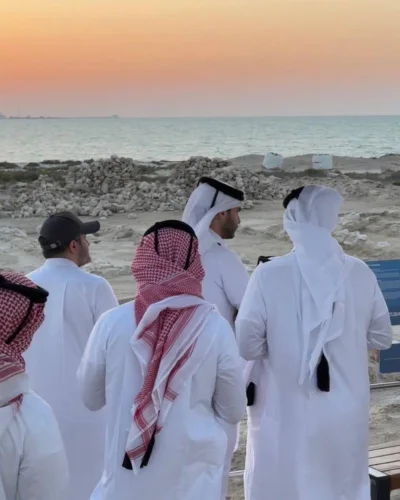It's been a year since four Arab countries severed economic and diplomatic links with Qatar but the Gulf state has so far managed to survive the effects of the blockade with little damage, a senior international analyst has said.
On June 5 last year, Saudi Arabia, Bahrain, the UAE and Egypt imposed economic and political sanctions on Qataronon, accusing it of supporting terrorism, a charge that Doha vehemently and constantly denies.
Jane Kinninmont, senior research fellow and deputy head of the Middle East and North Africa programme at the London-based Chatham House international think tank said
Qatar was not affected by the siege because it has huge resources, and allies providing it with alternative trade and transport routes.
"It is the world's biggest supplier of liquefied natural gas and has a huge advantage because of its role in the world energy market. Many countries are increasing their demand for natural gas because it is seen as cleaner than oil that the rest of the Gulf produces. So, Qatar will continue to have significant income," she said.
Giving another reason for Qatar doing well, Kinninmont said Doha has enough friends in the region that it has been able to make up for the loss of access and over the past year, more Asian countries had launched direct shipping routes to the Hamad Port.
According to her, Qatar Airways has been trying to minimise the effect of the siege by establishing new routes.
To a question on the impact of the Gulf crisis on the blockading countries, the Chatham House analyst said it has some negative impact for Dubai, "which always had an image of being politically neutral and safe. This is the first time international businesses operating in Dubai found that local politics can interfere with their business."
She said Saudi Arabia is already dealing with many other concerns: "They have the war in Yemen, the stand-off with Iran and all the domestic changes Crown Prince Mohamed bin Salman is busy with."
The IMF has noted before that the crisis is damaging to all economies of the Gulf Co-operation Council (GCC), as there is political risk in countries which were seen previously as safe.
Kinninmont said the blockade does not look effective. "The quartet will say the boycott will gradually have more effect on Qatar, and [it will] eventually be forced to compromise. Yet Qatar is also preparing for the long term."
Asked if the quartet would try to take further steps against Qatar, she said they have already tried to support Qatari opposition, but there isn't much Qatari opposition for them to support. "So I would not say that is something that could go very far."
According to her the siege nations have no leverage on international companies as "they also need foreign businesses".
On the 2022 Qatar World Cup, she said the tournament could be an opportunity to wind down the embargo, "because otherwise, millions of Saudis are going to be very annoyed if they miss out on the World Cup taking place next door".
While the quartet remain firm in their stance on Qatar, the International Monetary Fund (IMF) said last month that the direct economic impact on the host of the 2022 World Cup has been manageable and that growth performance remains resilient.



